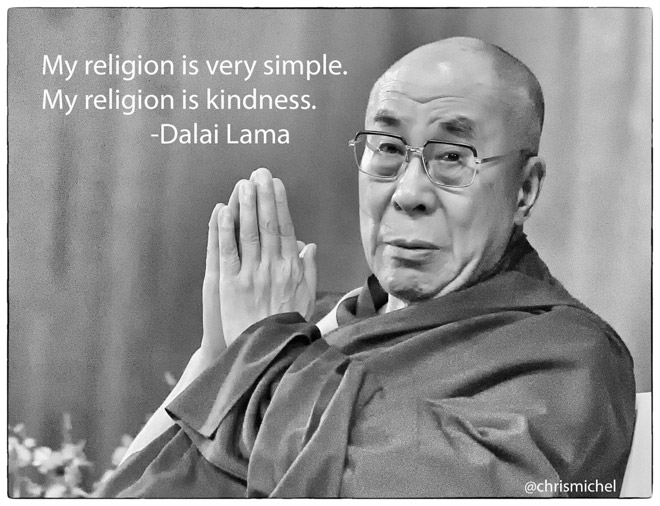By Al-Lisa McKay –
“Goodness is about character, integrity, honesty, kindness, generosity, moral courage, and the like. More than anything else, it is about how we treat other people.” ~ Dennis Prager
Do you ever ponder that randomness is a mathematical concept? In statistics and probability, a random event means that it cannot be predicted. To act is to take action and do something. Kindness is the quality of being friendly, generous, and considerate. Put them all together and what do you get? Random Acts of Kindness Day, of course.

This day is celebrated in New Zealand on September 1, on November 3 in Western Alberta, and on February 17 in the US and Canada.
After searching for the roots of how the day came into being, I found a few different sources, and could not figure out which one was the actual origin root of the celebrated day. So, I decided that where it all began was far less important than just getting the information out there that Random Acts of Kindness Day exists and we can all be a part of its flowering into a growing success, movement, and global goal.
But then, how about taking it a step further and just making every day a random act of kindness day? This has my vote.
Kindness makes you a happier, healthier person and it makes others happier and healthier, as well. The great news is that there is proof. So, let’s hop on the kindness train together and raise this roof!
If you have ever travelled to another country, especially a country where the people do not have a lot of money and excess consumer items, you probably noticed and felt the exceptional warmth and vitality of the people’s connection with each other and with you. I noticed immediately when I travelled through South America, that once I got out of the cities and into the smaller villages, the people would smile as our paths crossed followed by Buenos dias or Buenos noches and a tip of their hat. It made me feel so safe and welcomed and, better yet, seen. Joy and acceptance seemed to abound in the streets and neighbourhoods. It was truly lovely to witness and be a part of. I learned a lot and made it my own personal mission to acknowledge all people who crossed my path upon returning to Canada. All those tipped hats towards me during my time travelling still warm my heart today. The effects of those kind gestures have never left me and, I am proud to say, have become a part of me.
According to Alex Dixon, from a study published in the Journal of Social Psychology, researchers in Great Britain had participants take a survey measuring life satisfaction and they assigned all 86 participants to one of three groups. One group was instructed to perform a daily act of kindness for the next 10 days. Another group was told to do something new each day also over those 10 days. A third group was not instructed to do anything differently.
After the 10 days, the researchers asked the participants to complete the life satisfaction survey again. The groups that practised kindness and engaged in kind and new acts both experienced a significant and approximate equal boost in happiness; the third group didn’t get any happier.
Here are a few examples of the benefits of kindness from www.randomactsofkindness.org/the-science-of-kindness:
Christine Carter, author of Raising Happiness: In Pursuit of Joyful Kids and Happier Parents, says people who volunteer tend to experience fewer aches and pains. Giving help to others protects overall health twice as much as Aspirin protects against heart disease. People 55 and older who volunteer for two or more organizations have an impressive 44% lower likelihood of dying early, and that’s after sifting out other contributing factors, including physical health, exercise, gender, habits like smoking, marital status, and many more.
Witnessing acts of kindness produces oxytocin, occasionally referred to as the love hormone, which aids in lowering blood pressure and improving our overall heart health. Oxytocin also increases our self-esteem and optimism, which is extra helpful when we’re anxious or shy in a social situation.
According to research from Emory University, when you are kind to another person, your brain’s pleasure and reward centres light up, as if you were the recipient of the good deed—not the giver. This phenomenon is called the “helper’s high.”
Kindness stimulates the production of serotonin. This feel-good chemical heals your wounds, calms you down, and makes you happy.
So, remember folks:
Help your neighbours.
Make eye contact and smile.
Compliment a friend.
Compliment a stranger.
Leave an anonymous note for your co-worker.
Help someone carry their groceries.
Speak with elders.
And if you have one on, tip that hat.
Kindness matters.
Al-Lisa McKay operates Miss White Spider Arts in Williams Lake, BC—a fine arts business offering workshops, travelling theater, paintings, portraits, puppets, dolls, music, dance, sculpture, installation art, murals, and other fine arts. Find her on Facebook or website : www.misswhitespider.com
